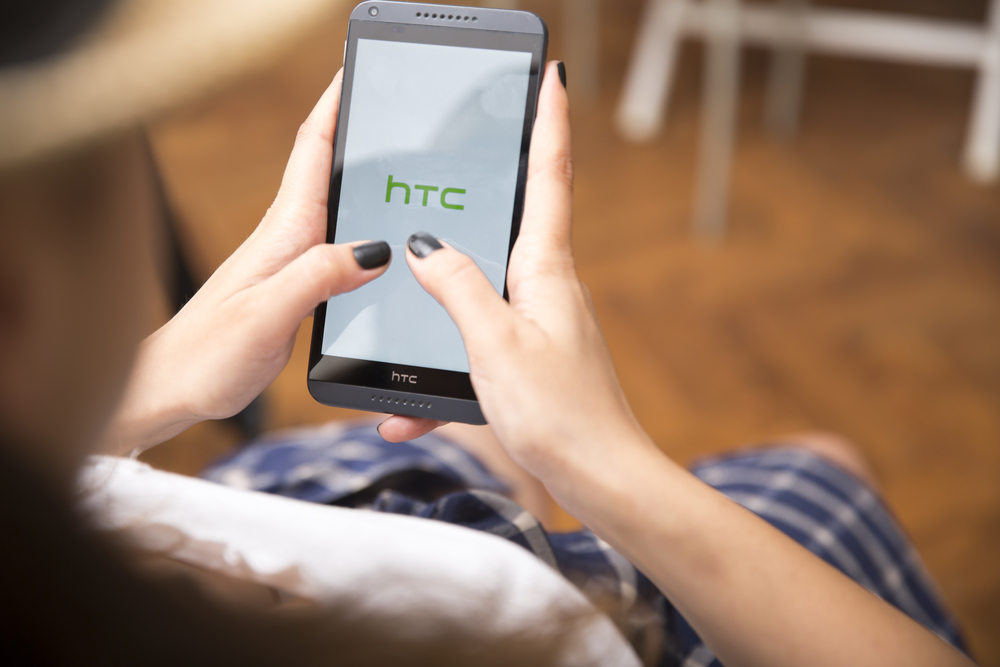HTC Exodus to Be ‘World’s First Native Blockchain Phone’

Source: Shutterstock
Smartphone manufacturer HTC is taking a major leap into the cryptocurrency ecosystem and wider blockchain industry.
The Taiwanese firm on Tuesday unveiled the “HTC Exodus,” which it describes as the “world’s first native blockchain phone.”
The Android-powered phone will be tailor-made to provide support for decentralized applications (DApps) like CryptoKitties, and it will feature a secure hardware enclave to provide users with access to a universal cryptocurrency wallet that is native to the device. The phone will be compatible with multiple protocols and will also support interoperability.
The device will be developed under the leadership of Phil Chen, who helped create HTC’s virtual reality headset Vive. Chen, who now holds the title of “chief decentralized officer,” will head all of the firm’s cryptocurrency and blockchain-related initiatives.
“Through the Exodus, we are also excited to be supporting underlying protocols such as Bitcoin, Lightning Networks, Ethereum, Dfinity, and more,” Chen wrote in a blog post accompanying the announcement. “We would like to support the entire blockchain ecosystem, and in the next few months we’ll be announcing many more exciting partnerships together. Together, we want to craft the best blockchain & decentralized application experiences to end consumers.”

Chen further explained that he hopes the Exodus’ mobile hardware layer will give end consumer the ability to “truly own their data.”
He said:
“I want to see a world where the end consumers can truly own their data (browsing history, identity, assets, wallets, emails, messaging, etc) without the need for central authorities. There is a lot of work ahead of us, but I believe the mobile hardware layer can contribute significantly to our new decentralized world.”
HTC has not yet released a price tag for the Exodus, but the company did hint that it is considering accepting cryptocurrency payments once it becomes available for purchase.
Sirin Labs, a cryptocurrency startup that plans to release a blockchain-powered smartphone called the “Finney” in October, is charging $1,000 for its device.
Featured Image from Shutterstock